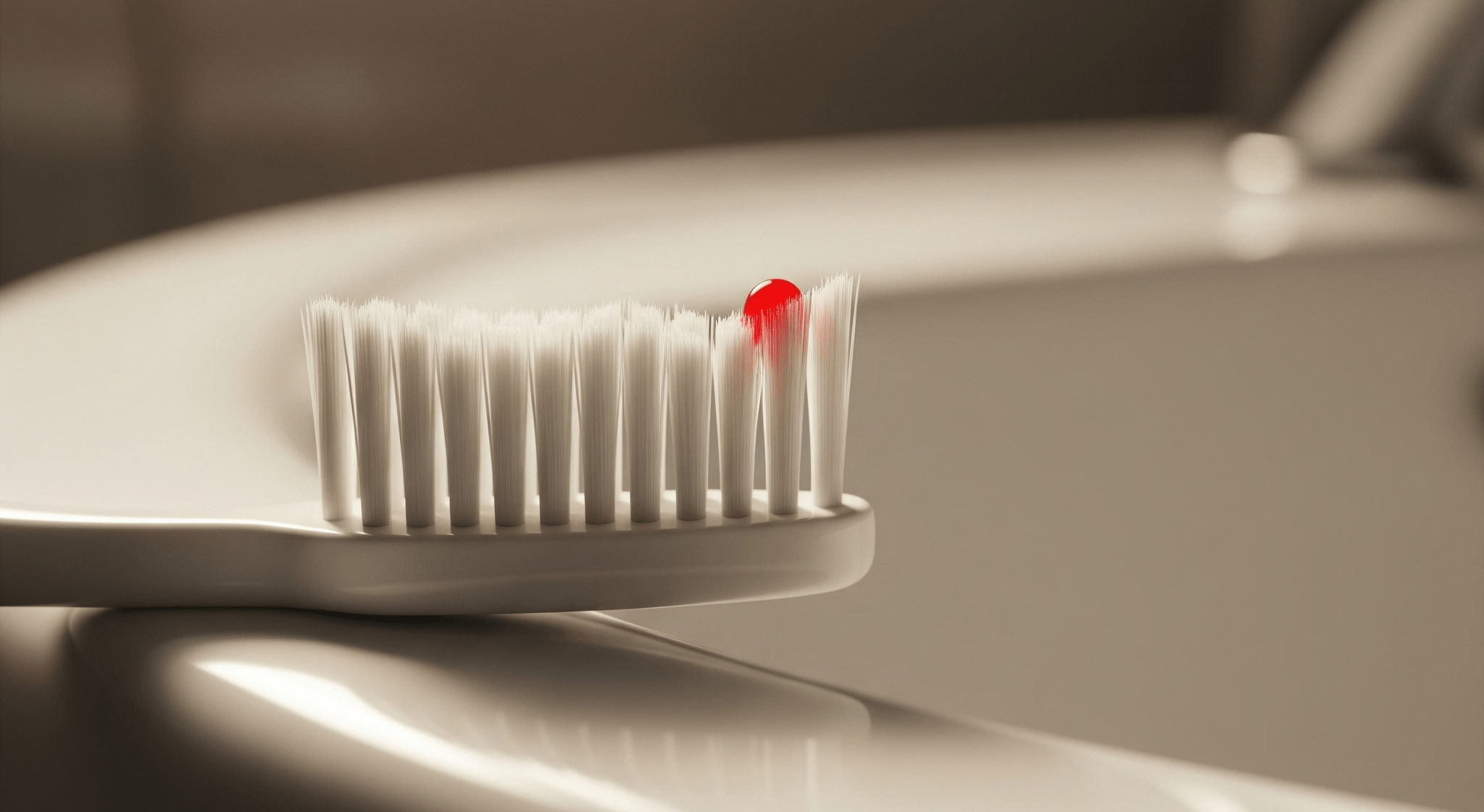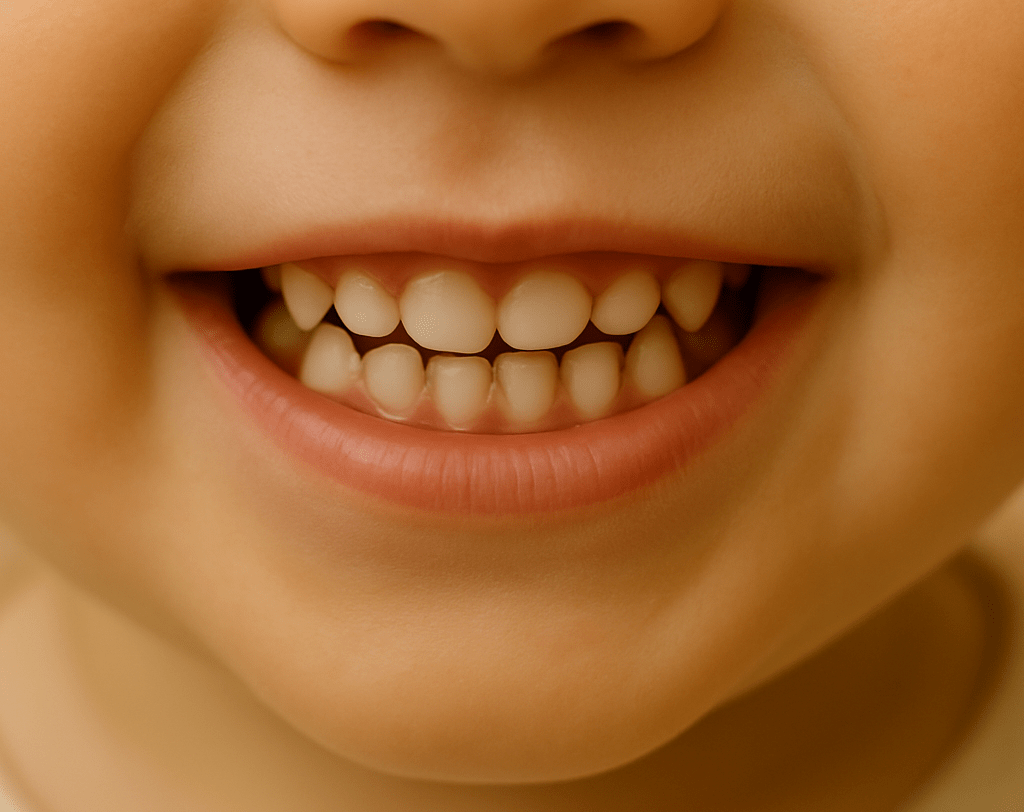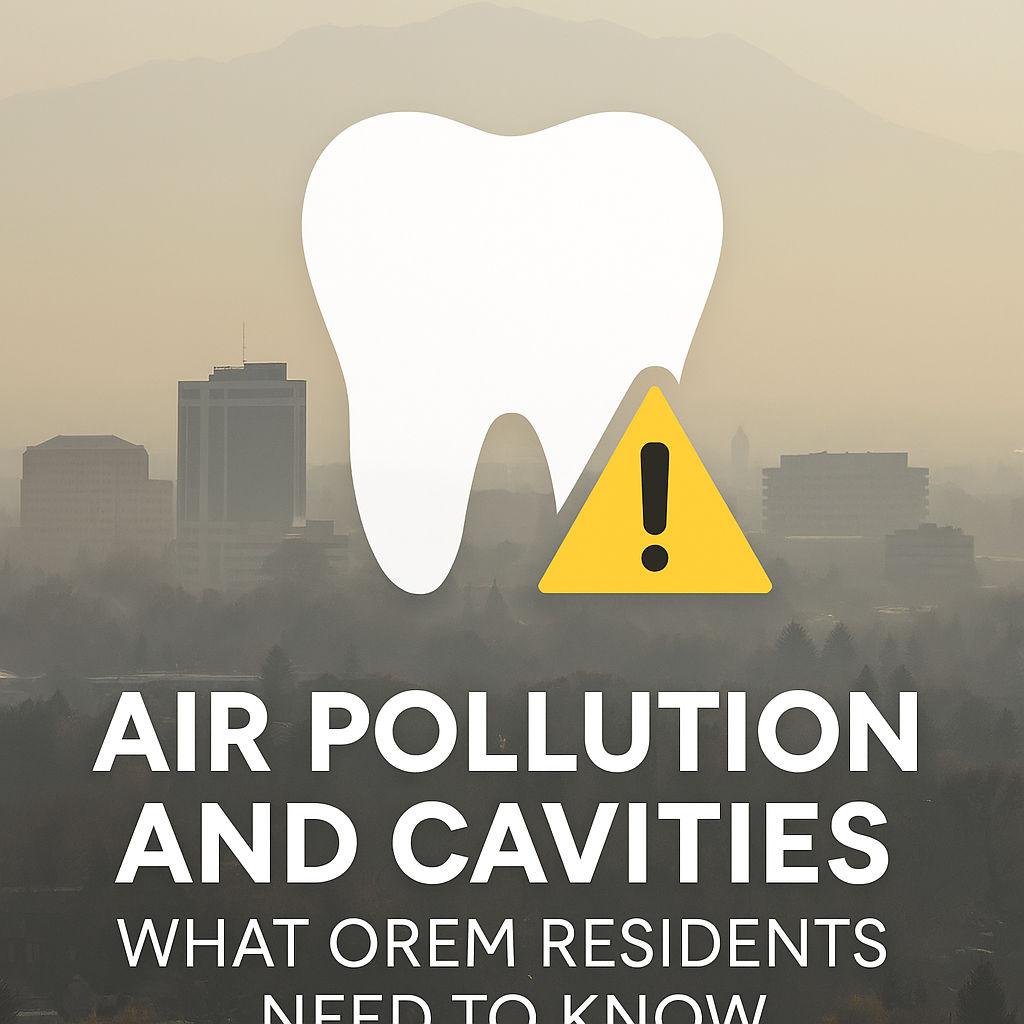Blog Highlights
- Typically wisdom teeth are extracted
- If the wisdom tooth partially erupts, patients pay develop pericoronitis
- As always, it is important to maintain your oral health
Wisdom teeth are the last set of molars to develop. They often appear between the ages of 17 and 21 years of age. When they begin to come in, patients usually experience some discomfort. In some cases there may even be swelling.
Typically wisdom teeth are extracted. The various symptoms of erupting wisdom teeth can lead to other conditions, such as gum disease, tooth decay, cysts, and infection. Impacted wisdom teeth, those that never break through the bone and gum, result in extreme pain and can cause even more problems.
One of the major concerns when dealing with wisdom teeth is damage to the other molars. Wisdom teeth often threaten the position of other teeth, pushing them out of the way to make room for themselves in the jaw. If there isn’t room in the jaw, the wisdom teeth may remain impacted, but pushing against the other molars. This can create crowding and throw your bite out of alignment.
If the wisdom teeth partially erupt, patients pay develop pericoronitis. Pericoronitis occurs when bacteria, food, and plaque become lodged between the wisdom tooth and the gum. If not properly cleaned and maintained, this will cause tooth decay and infection.
To determine whether or not you should schedule a wisdom tooth extraction, you should consult with your dentist and have an x-ray. If there is room in your mouth for wisdom teeth and there aren’t any complications, you may be able to keep your wisdom teeth. Typically, however, the best course of action is extraction.
The extraction procedure is very straightforward. The procedure is conducted by an oral surgeon or dentist. Depending on the condition of your wisdom teeth, you may receive a simple local anesthesia or, for a more complicated extraction, you may need general sedation. It is highly recommended that you have your wisdom teeth extracted as early as possible. In younger patients, the roots of the wisdom teeth are not fully formed, making the procedure easier and the recovery period shorter, with a smaller chance of nerve damage and other complications.
As always, it is important to maintain your oral health. Brush your teeth twice daily and remember to floss once a day. Keeping your wisdom teeth and the area around your wisdom teeth clean can help reduce the chances of complications, gum disease, and pericoronitis. If you start to experience pain towards the back of your mouth, make an appointment to see your dentist immediately.





